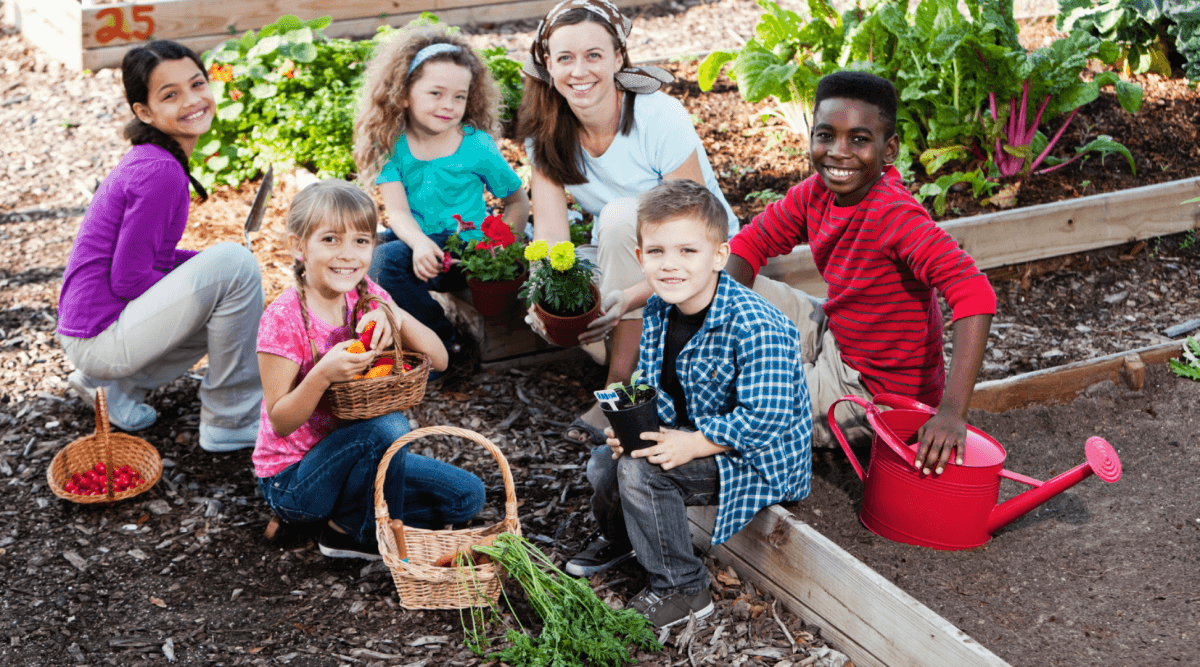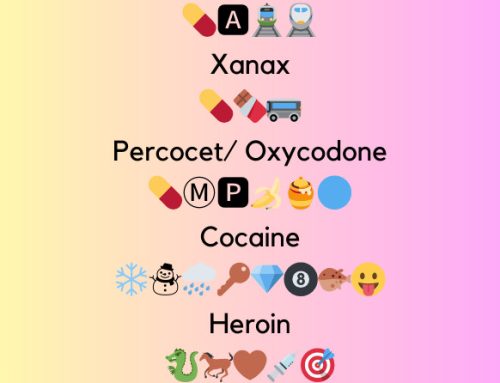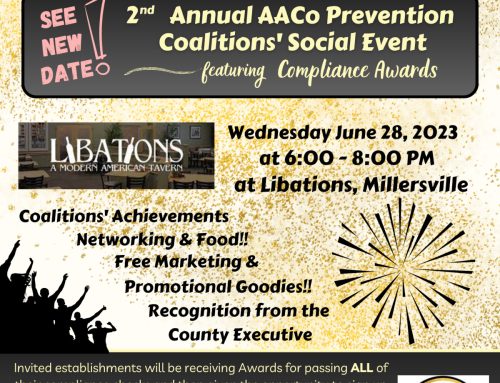
- A responsive community works to read and interpret the signals of stress in children, their parents, and other caregivers. These signals might be very different from family to family depending on the upbringing of the family members, their background culture, and their past experiences with service providers or community groups.
- A responsive community understands that the earlier you respond to these signals, the better the outcome will likely be.
- A responsive community tries to prevent stress in families by changing situations that are potentially harmful to children, and by thoughtfully creating conditions that support healthy functioning.
- In a responsive community, providers, policymakers and community members know that relationships matter: A baby or toddler needs a healthy relationship with at least one adult. In the same way, each family needs a network of healthy relationships with family, friends, neighbors, childcare providers, teachers, and other members of the community. Community efforts should focus on building this supportive network.
- A responsive community sets up resources that meet the family where it is whenever possible. Coordinated services—with support for children and their caregivers at one site—make it more likely that a family will be able to access the services they need.
- A responsive community realizes that one size does not fit all. Whenever possible, services and supports should be designed to be as flexible as possible to ensure that they address each family’s particular needs.
- A responsive community works together and builds partnerships to create a thoughtful plan to address the needs of children and their families. Relationships matter—not only for children and caregivers but also for our work with them.
- Although partnerships and coalitions are useful, being a member of a responsive community also means asking yourself first: What can I do? In my role as a service provider, advocate, administrator, or law enforcement officer, what can I do to address the needs of the young children and families that I meet? Sometimes a committee is not needed—sometimes all they need is you.
- A responsive community works with the understanding that family members struggling with mental illness, substance abuse, or trauma have experienced significant stresses throughout their lives and may not always have had the necessary support. Being genuinely cared about, listened to, and responded to can powerfully support a family to make positive changes. Little things can make a difference, if they are based on respect.
- Often we see families during their most difficult times, but a responsive community recognizes that each family has strengths. Each family’s story has within it signs of how they have struggled to meet the challenges that face them. You can help rebuild hope by uncovering and acknowledging these strengths.
For more info, visit: https://store.samhsa.gov/product/supporting-infants-toddlers-families-impacted-caregiver-mental-health-problems-substance/SMA12-4726




